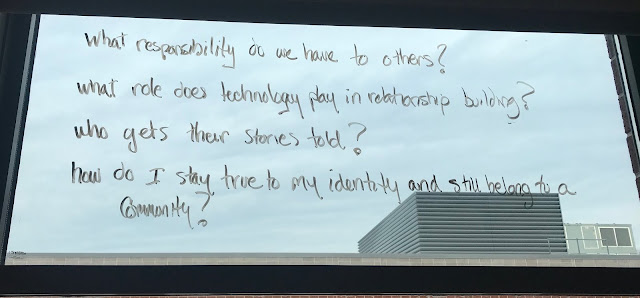Poetry Out Loud:
 http://www.poetryoutloud.org/
http://www.poetryoutloud.org/
Poem Eligibility
•Poem Anthology: All poems must be selected from the Poetry Out Loud print or online anthology, which is updated every summer. Check the website after September 1, 2016, to view the official POL anthology for the current school year. Only versions of poems from the official anthology may be used in the contest.
•Can’t Find a Poem? Poems may be removed from the online anthology before September 1, 2016. These poems are no longer eligible for competition, unless they are in the print anthology. However, any poem in the printed anthology is eligible even if it is not online.
•Poem Criteria: At the state and national finals, students must have 3 poems prepared. One must be 25 lines or fewer, and one must be written before the 20th century. The same poem may be used to meet both criteria, and may be the student’s third poem.
Competition
•School Competition: Schools must hold a competition of at least 2 students to select their champion. If that champion is unable to attend the next level of competition, the runner-up should be sent.
•Evaluation: Students must be judged according to the Poetry Out Loud evaluation criteria from the 2016-2017 Teacher’s Guide.
•Rounds: State and national finals consist of 3 rounds of competition. Competitions at lower levels may have fewer rounds, but students must recite only 1 poem in each round.
•Poem Order: The order in which the poems are recited is up to the student, but poem order may not be switched once given to the competition organizer. Competition organizers may not dictate poem order.
•Judging: Rankings are based solely on evaluation sheets submitted by judges. Judges should not convene to discuss performances during the competition. Judges may not reconsider their scores after they are submitted. Judges' decisions are final.
•Scoring: Scoring is cumulative. The scores from all rounds should be added together to determine the winner.
•Ties: In the event of a tie, the tied student with the highest overall performance score should win; if that also results in a tie, look to the highest accuracy score. If scores remain tied, consider having students pick 1 poem to recite again as a separate score to break the tie.
•Memorization: Students must recite their poem from memory.
•Props: Students may not use props or wear costumes during their recitations.
'via Blog this'




